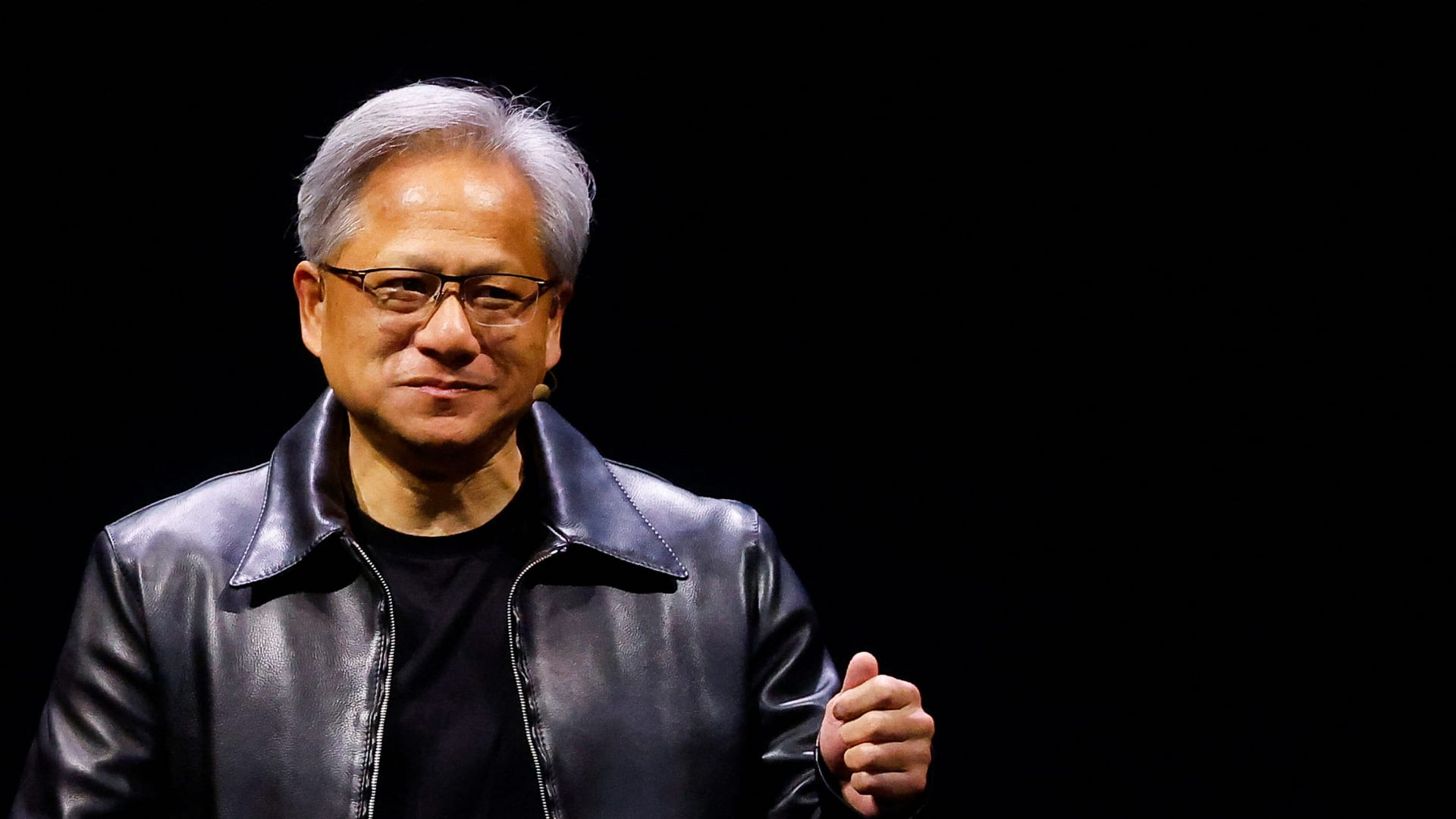Jensen Huang has a simple message for young people who want to achieve “greatness”: No pain, no gain.
That was essentially the Nvidia CEO’s message for students at his alma mater, Stanford University, where he spoke last week at the Stanford Institute for Economic Policy Research.
“Greatness is not intelligence. Greatness comes from character. And character isn’t formed out of smart people, it’s formed out of people who suffered,” Huang said at the event, in response to a question about how students can maximize their shot at being successful.
When it comes to achieving success, Huang knows more than most. In 1993, he co-founded computer chip company Nvidia, where he’s served as CEO for more than three decades. The company’s success turned Huang into a billionaire. Now, with Nvidia’s chips in high demand for building AI software, it’s become one of the world’s most valuable companies with a valuation north of $2 trillion.
Huang himself is one of the world’s wealthiest individuals, with an estimated net worth of $77.6 billion, according to Bloomberg.
For Huang, there is one particular trait that can make anyone more likely to become successful: Resilience. At last week’s event, he told Stanford students how he personally developed the resilience necessary to build and run one of the world’s most valuable companies.
‘People with very high expectations have very low resilience’
“One of my great advantages is that I have very low expectations,” Huang said, noting that most Stanford graduates “have very high expectations” as a result of having an elite education.
Often “people with very high expectations have very low resilience,” he went on, because they are not accustomed to, or prepared for, failure.
“Unfortunately, resilience matters in success,” he said. “I don’t know how to teach it to you except for I hope suffering happens to you.”
Building resilience is a key factor in determining future success, psychologists tend to agree. Research has shown that resilient people are more likely to have the strength and confidence to handle challenges and bounce back from failure.
Huang certainly had to struggle in his company’s early days. In 1996, Nvidia nearly went out of business as it struggled to compete with other chipmakers. That forced Huang to lay off more than half of his staff.
The experience taught Huang to “become better versed in reading markets and reading consumer demands,” he told Fortune in 2001, which meant scrapping the company’s previous technology and betting on a new model of chip that eventually became a major success.
“To this day I use the phrase ‘pain and suffering’ inside our company with great glee,” Huang told the Stanford students. “I mean that in a happy way, because you want to refine the character of your company. You want greatness out of them.”
Build a ‘tolerance for failure’ so you can innovate and succeed
Having low expectations can help prepare you for the inevitable challenges ahead, according to Huang, because it’s easy to be caught off guard by an obstacle when you’re only expecting smooth sailing. That’s why Huang says he still worries Nvidia could ultimately fail, despite the company’s massive success.
He believes that any good leader has to think continually about how close a company is to falling apart: “If you don’t internalize that sensibility, you will go out of business,” he said in October.
Similarly, being mindful of your potential for failure can help build up a “tolerance for failure” that ultimately allows you to let go of the fear of failure that could hold you back from success, Huang said in an earlier speech to Stanford students, in 2011.
“Unless you have a tolerance for failure, you will never experiment, and if you don’t ever experiment, you will never innovate,” he said at the time. “If you don’t innovate, you don’t succeed.”
With that in mind, Huang told a newer batch of undergrads last week that he hopes they experience their own character-building struggles: “For all of you Stanford students, I wish upon you ample doses of pain and suffering.”
Want to make extra money outside of your day job? Sign up for CNBC’s new online course How to Earn Passive Income Online to learn about common passive income streams, tips to get started and real-life success stories. Register today and save 50% with discount code EARLYBIRD.
Plus, sign up for CNBC Make It’s newsletter to get tips and tricks for success at work, with money and in life.
